
The global travel industry registers billions of tourist arrivals every year. According to ReportLinker, the global annual demand for travel has risen by 3.2%. So, we are not surprised there are almost 900,000 businesses in the tourism industry worldwide, operating in several sub-sectors like transportation, hospitality, cultural attractions, and amusement parks. In this dynamic, growing sector, companies that know how to extract and manage tourism data can boost their business in multiple ways.
Let’s see how web scraping can help your hotel, restaurant, bar, event agency, and attraction venue stay ahead of the competition. You will also discover which tourism data to extract and where to find it in the real economic world.
Tourism Data Advantages for Hospitality Businesses
Hotel and restaurant pricing and reviews data extraction is a typical application of web scraping in the hospitality industry. It involves collecting information about pricing, availability, and customer reviews from various hotel and restaurant websites, booking platforms, review sites, and other relevant sources. Here’s an overview of the process.
Pricing Data Extraction
You can use web scraping tools or services to extract pricing data, such as room rates, meal prices, special offers, discounts, and availability. The scraper visits the target websites, navigates through the pages, and extracts the relevant pricing details.
Availability Tracking
Along with pricing, you can set web scrapers to track the availability of hotel rooms or restaurant reservations. Availability change monitoring allows you to make timely adjustments to the inventory, optimise revenue management, and avoid overbooking or underutilisation.
Competitor Analysis
When set correctly, a web scraping tool can let you extract data on rates, promotions, and package deals. This way, your company can perform competitive analysis and benchmark its own pricing strategies against the competitors to make informed pricing decisions.
Customer Reviews Extraction
Customer reviews and ratings are valuable insights you can use to improve your business. Web scraping software can collect data from review websites, social media, online marketplaces and travel agencies.
Sentiment Analysis
Customer reviews analysis allows you to identify trends and patterns in customer feedback, preferences, and positive, negative, or neutral sentiments. This information provides a quantitative understanding of customer satisfaction levels and helps you improve service quality, identify areas for improvement, and address customer concerns.
Data Integration and Analysis
Once you extract the pricing and reviews data, you can integrate it into business systems or databases for further analysis. Data visualisation tools and analytics techniques can support you in deriving insights, identifying trends, and making data-driven decisions.
Examples of Tourism Data for Hotels and Restaurants
Let’s make it straightforward and make some real examples of hotel and restaurant data you can extract through web scraping.
Hotels Data Scraping
- Pricing and room availability: room rates, discounts, packages, and availability for different room types and dates.
- Hotel amenities: details, such as swimming pools, fitness centres, spa services, Wi-Fi availability, parking facilities, etc.
- Location and contact information: hotel’s address, phone number, email, and website URL.
- Reviews and ratings: insights into the quality of service, cleanliness, customer satisfaction, and overall guest experiences.
- Room: types, descriptions, included amenities, bed configurations, and other details.
- Hotel policies: check-in and check-out times, cancellation policies, pet policies, and any other specific rules or regulations.
- Visual media: photos and videos showcasing the hotel’s rooms, common areas, restaurants, and other facilities.
Restaurants Data Scraping
- Menu items and prices: names, descriptions, prices, and special promotions or discounts.
- Restaurant information: location, contacts, opening hours, and reservation policies.
- Reviews and ratings: insights into the food quality, service, ambience, and overall dining experiences.
- Cuisine: types, specialities or signature dishes, dietary options, and catering services.
- Restaurant facilities: outdoor seating, private dining rooms, bar availability, live entertainment, or any other unique features.
- Photos and videos: visual media showcasing the restaurant’s interior, exterior, dishes, and ambience.
Tourism Data Sources for Accommodations and Eatery
The Internet hosts millions of websites and trillions of data about hotels and restaurants. But which websites are better to scrape and analyse big data in the hospitality industry? Here are four hospitality categories with the top websites.

1. Hotel Booking Platforms
Websites like Booking.com, Expedia, Hotels.com, and Agoda provide extensive information about hotel pricing, availability, amenities, reviews, and more.
2. Restaurant Review Platforms
Platforms like TripAdvisor, Yelp, OpenTable, and Zomato offer user reviews, ratings, menus, and other relevant information.
3. Hotel and Restaurant Company Websites
The official websites of hotels, restaurants, bars, and cafes often provide details about their offerings, including pricing, menus, contact information, and amenities.
4. OTA Websites
Online Travel Agencies (OTAs) like Expedia, Orbitz, and Priceline feature information on hotel prices, availability, photos, and customer reviews.
There can be many other examples of data types and sources you can use for hotel and restaurant web scraping. The specific data points of interest may vary depending on the requirements and objectives of the business.
Anyway, it’s essential to ensure compliance with legal and ethical guidelines while scraping tourism data and respect the terms of service of the websites you are targeting.
Your Next Step
Data is a strategic asset in every industry. But you must extract the correct data from all the best sources and keep tourism data scraping legal and profitable for your business. Whether you work for a hotel, restaurant, bar, or another entertainment business, you must know the data type and elements you must extract and analyse and which is the ideal web scraping service and method for your tourism data application.
WebRobot data experts are available to identify the best travel data solution. Beta testers on the waiting list can also benefit from a 30% lifetime discount for the upcoming no-code and low-code visual tool and browser extension for Chrome and Firefox.
Book a free consultation with data experts
Hospitality data at your fingertips?
Do it easily and quickly with a self-service no-code visual app.
Disclaimer: Always respect user privacy and copyright, follow ethical data scraping practices, and abide by the terms and conditions of the websites or platforms you’re scraping data from, as unauthorized data extraction may lead to legal or privacy issues. Therefore, ensure that your data collection and analysis methods are compliant. Furthermore, data can be noisy, unstructured, and constantly changing. Therefore, use a tool or service that can handle the volume and variety of data from multiple web sources. This article is for information purposes only and not intended as legal advice. Consult a lawyer for complete knowledge of the local and international laws.
Data graph image by svstudioart


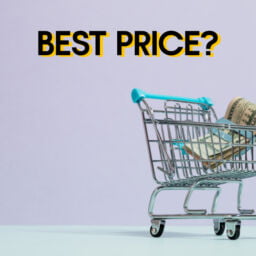
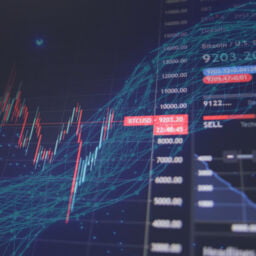
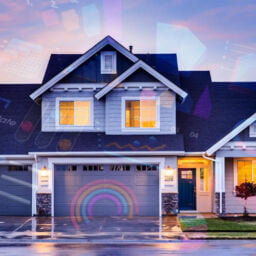


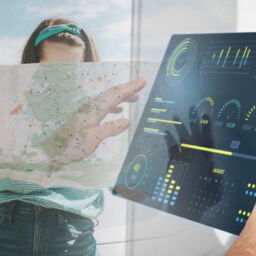








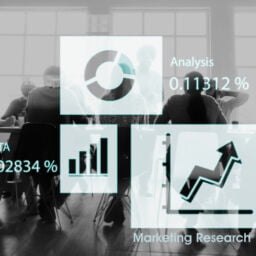
[…] By Denis Giuffrè – WebRobot Marketing Big Data Data Analytics Marketing Technology Travel […]
[…] you are an airline company, travel agency, or hospitality business, trip data analytics can’t be ignored anymore and should be part of your daily […]
[…] Online travel data are massive and include many sectors and information. Tourist places and destinations are significant data assets to help your travel company offer competitive premium services, tours, and guides. […]
[…] travel data are valuable for your transportation, hospitality or tourism business. It helps you offer tailored services, minimise operational costs and time, improve customer […]